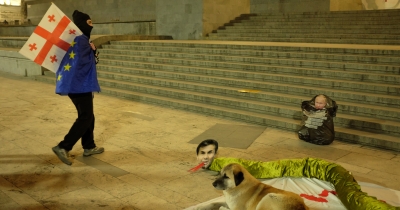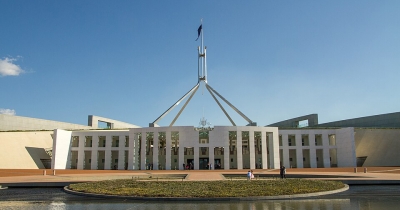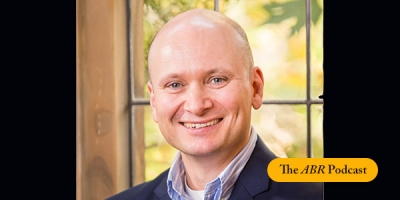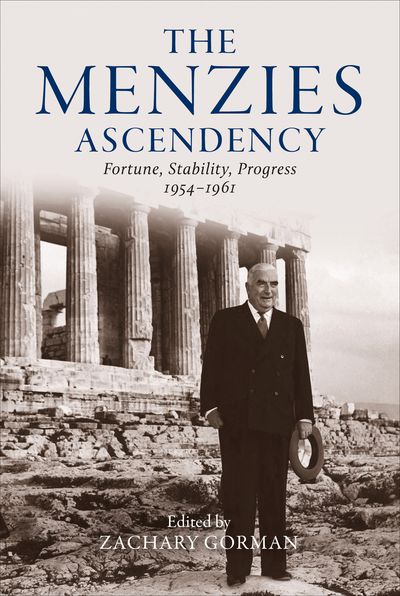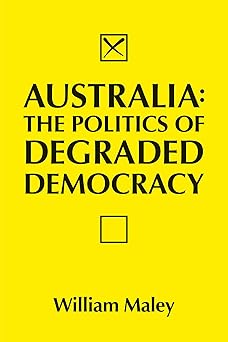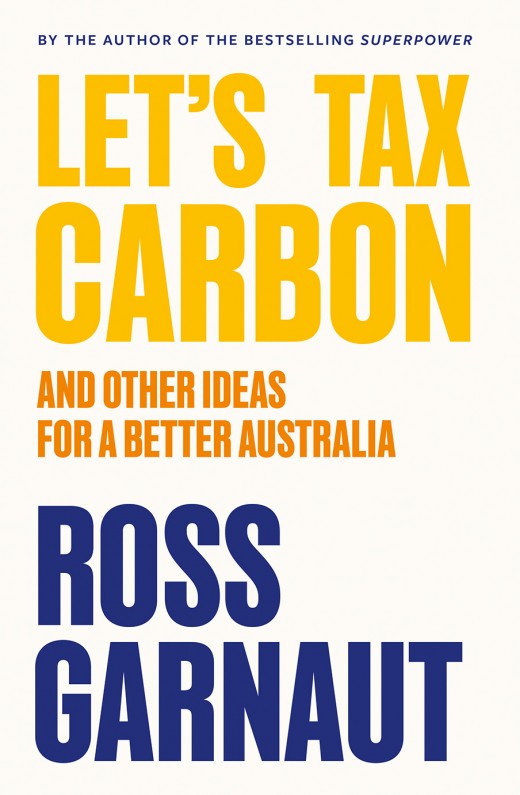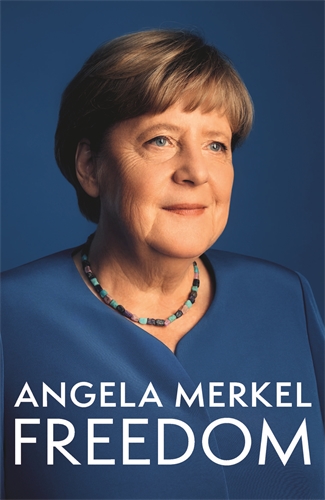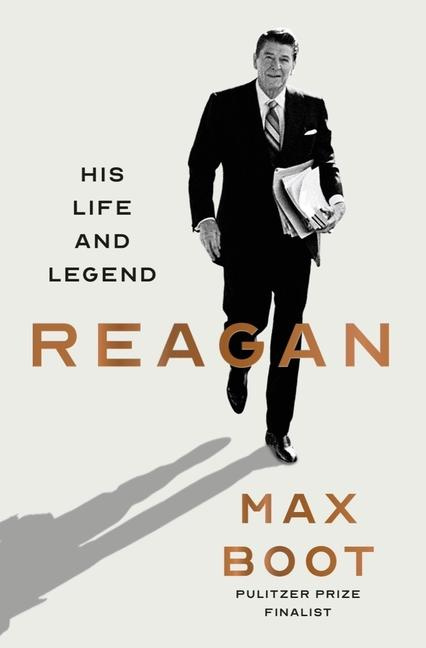Politics
Night after night, the protests swirl into one. Slogans blast through the distorted echo of plastic megaphones. Whistles are blown at such a piercing volume that my ears ring when sleep eventually comes, usually around 7 am. Blockades close the city’s main arteries and highways. Police in riot gear are deployed to each of the three main roads that lead in and out of the city. Rustaveli Avenue, the main street in Tbilisi, Georgia’s capital and largest city, has once again become the nation’s political fault line.
... (read more)Vaccine Nation: A perfect public health storm by Raina MacIntyre
The Covid-19 pandemic changed our relationship with public health, perhaps irreparably. For many, it also changed their relationship to vaccination. Before Covid-19, few questioned the role of vaccines in public health. However, vaccine mandates, which were conflated – rightly or wrongly – with other mandated health measures, such as social distancing, face masks, and protracted lockdowns, meant that being vaccinated equated to an assault on individual freedom and well-being, the opposite of how vaccines were viewed in the past. Faith in the science supporting them is falling rapidly. According to leading epidemiologist Raina MacIntyre, the ‘impact of the anti-science movement and medical disinformation since the Covid-19 pandemic has been far-reaching’, resulting in lower vaccination rates across many preventable diseases. Add to this the ‘demonization of public health’ following the pandemic and the growing threat of a new pandemic, and you have a perfect public health storm brewing.
... (read more)What's the Big Idea? edited by Anna Chang and Alice Grundy & Age of Doubt edited by Tracey Kirkland and Gavin Fang
Australia is timid, insular, conservative. It is unimaginative, hidebound to old orthodoxies, blind to readily identifiable truths. It is meeting with little effective action a host of crises: violence against women, an impending climate catastrophe, intergenerational economic inequality. It has a profound disregard for its First Nations people and, despite a long and significant history of immigration, is hostile to people of colour and people who seek to emigrate to it by boat. It dismisses the arts as so much wankery and regards its environment as a resource to be plundered. It celebrates the philistine and esteems the mining industry as a saviour. Its people cannot lift their eyes beyond parochial and short-term self-interest; the threads that bind them to their communities are fraying. Its public debates are vulnerable to misinformation and disinformation, are dominated by special interests, and are conducted at a volume and pitch too loud and too rancorous to be resolved in ways that serve a common good.
... (read more)As we go to press, a May federal election seems likely – though anything seems possible in 2025. Last November, we invited a number of key commentators to reflect on the US presidential election, with a particular focus on the Australian obsession with American politics. As Australians prepare to vote, we wanted to do something similar – to come at our election from a different angle.
... (read more)This week on The ABR Podcast, Timothy J. Lynch reviews Reagan: His life and legend, by Max Boot. While there have Reagan biographies before, Lynch describes Max Boot’s as ‘the most readable’. Lynch writes: ‘The weight of the book, its ten-year writing span, its extensive interviews, its adulation from legacy media, all suggest the defining biography of the most important president of my lifetime. And yet, I ended my summer break in Boot’s company unconvinced.’ Timothy J. Lynch is Professor of American politics at the University of Melbourne and his latest book is In the Shadow of the Cold War: American foreign policy from George Bush Sr. to Donald Trump. Here is Timothy J Lynch with ‘Reagan’s nemesis? The most readable biography of Ronald Reagan’, published in the March issue of ABR.
... (read more)The Menzies Ascendency: Fortune, stability, progress 1954-1961 edited by Zachary Gorman
Australian liberals and the Liberal Party were once thought laggards in attending to their own history in comparison with the Labor Party. Even so, Robert Menzies’ life and career had been well documented, with multiple biographies and memoirs, including Allan Martin’s masterful two-volume biography (1993-99) and Judith Brett’s influential analysis of Menzies’ ‘Forgotten People’ speech as a key to understanding the ‘public life’ (1992). More recently, liberal political history has become a cottage industry.
... (read more)Australia: The politics of degraded democracy by William Maley
I write this review over the Australia Day long weekend, a few items from the national media stand out as exemplary reminders of how poorly Australians are being served by our political class. First, in an embarrassingly transparent nod to Donald Trump and Elon Musk’s juvenile Department of Government Efficiency (DOGE), Opposition Leader Peter Dutton appointed Senator Jacinta Nampijinpa Price to the new shadow ministry for government efficiency. Second, Dutton’s deputy Sussan Ley likened the First Fleet’s 1788 arrival in Australia to Musk’s delusional fantasies about occupying Mars. ‘Just like astronauts arriving on Mars,’ she told an Albury church congregation, ‘those first settlers would be confronted with a different and strange world, full of danger, adventure and potential.’ Around the globe, many are increasingly wary of the political trajectory of the United States in its current phase of advanced decadence, but for Australia’s alternative government, now is the time to cling to the sinking ship that is the American empire.
... (read more)Let’s Tax Carbon: And other ideas for a better Australia by Ross Garnaut
Few books are greater than the sum of their parts – many are less. In the case of Ross Garnaut’s latest effort, the parts are greater than the sum. As a book, Let’s Tax Carbon: And other ideas for a better Australia succeeds and fails. It succeeds as a field guide to the past, present, and future of the Australian economy’s three big policy problems: transitioning to a net-zero carbon economy; reversing social and economic inequity; and creating new industries that secure the nation’s prosperity. But it fails as a work of non-fiction.
... (read more)Freedom: Memoirs 1954-2021 by Angela Merkel with Beate Baumann translated from the German by Alice Tetley-Paul et al.
Just a few years ago, retiring after sixteen years as Germany’s chancellor (2005-21), Angela Merkel was praised to the skies as a stateswoman who represented all that was admirable in a (semi-)united Europe. Now her reputation has taken a nosedive (‘Angela who?’ The Economist asked, tongue in cheek, last October). That’s an occupational hazard for politicians, and Merkel, as a seasoned professional, knew the score. Still, she deserves to be remembered, if only because in 2015 she did something that seasoned professionals very rarely do: ignoring the risks, she took an important political decision for moral reasons. That decision was to open Germany’s doors to thousands of refugees from North Africa and the Middle East – in the end almost a million – desperately trying to enter Europe via the Mediterranean.
... (read more)When Ronald Reagan died in 2004, Americans of every kind, ‘in rows three to five deep, thronged Pennsylvania Avenue to catch a glimpse of this melancholy but historic funeral procession’. In a note the presidential historian Richard Norton Smith wrote to Reagan’s widow, Nancy, he assured her that ‘their grief was equalled by their gratitude for a life that had become synonymous in their eyes with the nation itself’.
... (read more)
